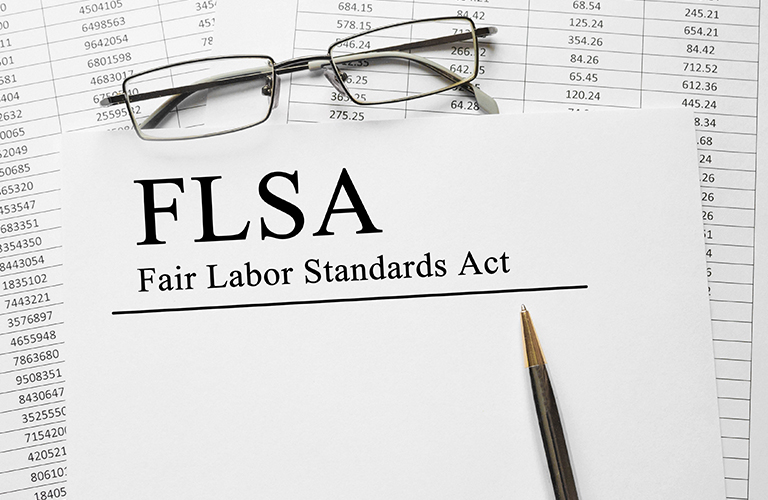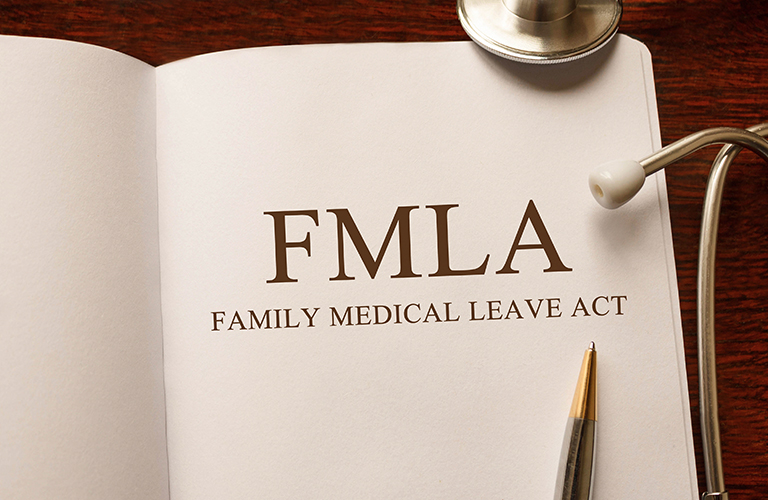
According to the most recent statistical data available from the U.S. Courts, approximately 14,000 Fair Labor Standards Act (FLSA) cases were commenced during the two-year period ending September 30, 2020, averaging 19 new cases per day. These cases are especially prevalent in the U.S. District Courts encompassing New York City and Long Island (the S.D.N.Y. and E.D.N.Y.), where 13% of all private cases commenced over the same period were labor suits. (See here.) For employers in the New York restaurant and hospitality industry, compliance with wage and hour provisions of the FLSA and New York Labor Law (NYLL) can be… Read more





